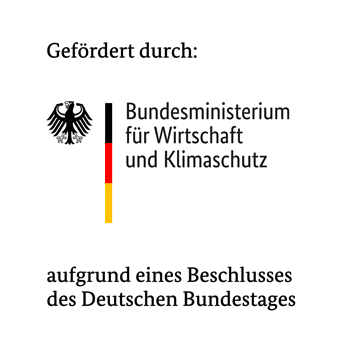In Germany alone, more than 5 million oil-fired heating systems were still in operation in 2020. Even if the replacement of oil heating systems is pushed, millions of systems will still be in operation in the coming decades. A greenhouse gas reduction effect in the space heating market can be made possible by blending paraffinic components with fossil heating oil. Against this background, the BMWK has funded a research project to examine the long-term operational reliability of existing plant technology for the provision of domestic heating when paraffinic and oxygenate fuels are used as heating oil substitutes.
Research report published: Use of alternative fuels in existing plant technology

In the project, commercially available heating systems were operated with blends of HEL with paraffinic and PtL fuels. Their usability was investigated with a focus on exhaust gas emissions, influence on safety technology and the occurrence of deposits and damage in fuel-bearing components. Trouble-free operation could be demonstrated with two selected blends over 6000 hrs. Differences in density, calorific value and thus air requirement of the blend components require adjustments to the burner settings as the blending rate increases.
Further details can be found in the published DGMK Research Report 808 "Use of alternative fuels from synthesis and hydrotreatment processes for domestic heat supply in existing plant technology". The report can be ordered free of charge from the DGMK.
Research Center
OWI - Science for Fuels gGmbH, Herzogenrath
The IGF project (20749 N) of the research association DGMK Deutsche Wissenschaftliche Gesellschaft für nachhaltige Energieträger, Mobilität und Kohlenstoffkreisläufe e.V., Große Elbstraße 131, 22767 Hamburg, Germany, was funded by the German Federal Ministry of Economics and Climate Protection through the AiF as part of the program for the promotion of joint industrial research (IGF) based on a resolution of the German Bundestag.